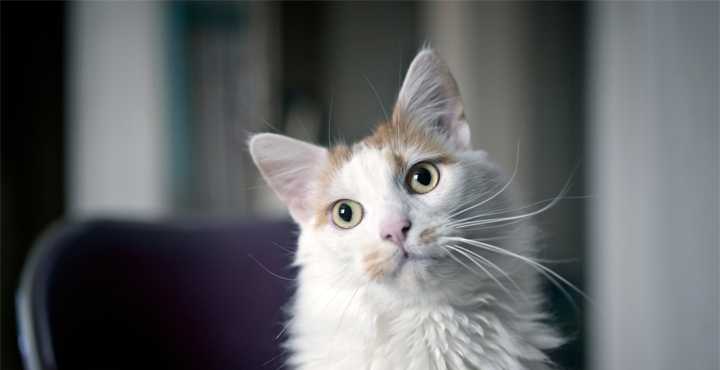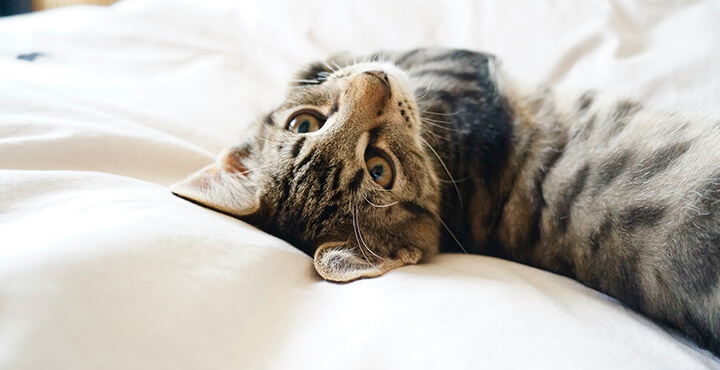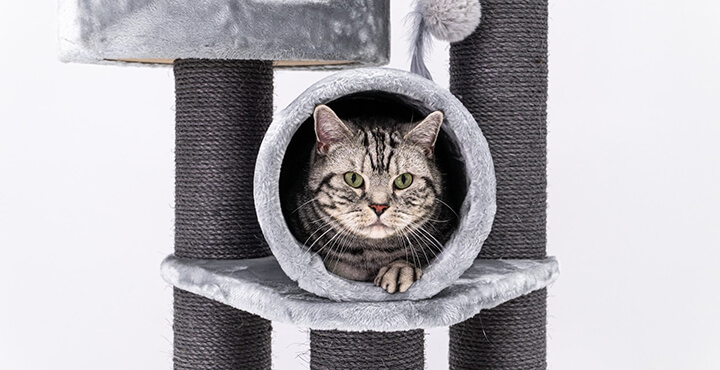
In the wild, big cats will naturally respond to threats by acting aggressively. Your kitten is no different. However, you might find your kitten acts aggressively even when there’s no reason for them to feel threatened – during playtime, for example. If this happens, don't worry – there are plenty of things you can do to restore the temper of your little feline friend!
Be patient
Remember that your kitten is very little, and is still making sense of the world. They might be acting aggressively because they're scared of something they don't understand, or because you haven't yet shown them the things you do and don’t find acceptable.
Petting and biting syndrome
As your kitten grows, you might find they start switching their behaviour unexpectedly. They might roll on their back and happily allow you to play, then suddenly grab your hand with their claws and teeth.
This behaviour – known as petting and biting syndrome – can happen when your kitten starts to behave in a more adult way: They're out and about mixing with other cats, yet still feels like an infant when they're on their own at home. The switch happens when they snap suddenly from “kitten mode” to “adult mode”, turning their normal playful behaviour into a more defensive response.
Getting them used to being petted
It's a good idea to start picking your kitten up from an early age. Get your kitten used to you touching them gently all over, and spend lots of time reassuring and bonding with them. Not all kittens learn to accept and enjoy stroking, however, so if they don't react positively, it’s best to accept their wishes and stop trying.
Playing with toys
Playing is a great way for your kitten to soak up some aggression. There are lots of toys you can buy which they'll love to chase, paw, pounce on and stalk. And it will hurt a lot less than using your hand!
Persistent aggression
Despite all your efforts to make them feel safe and secure, there’s a chance your kitten might continue to act aggressively. If so – and especially if children are their target – it’s best to speak to your vet, who may refer you to an animal behaviourist. With their expert help, your kitten’s aggressive behaviour should soon settle down.







